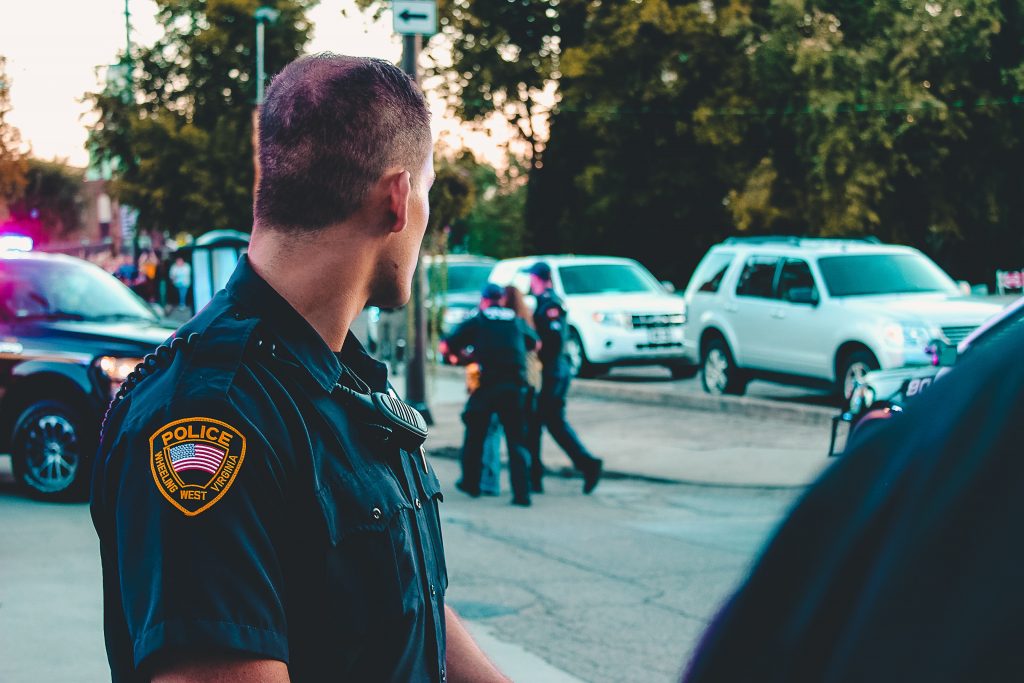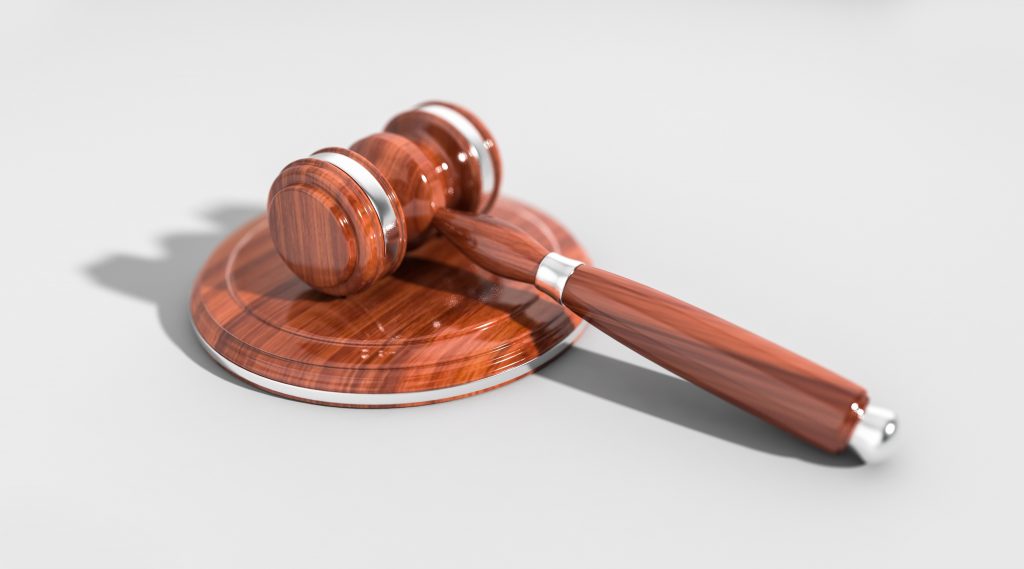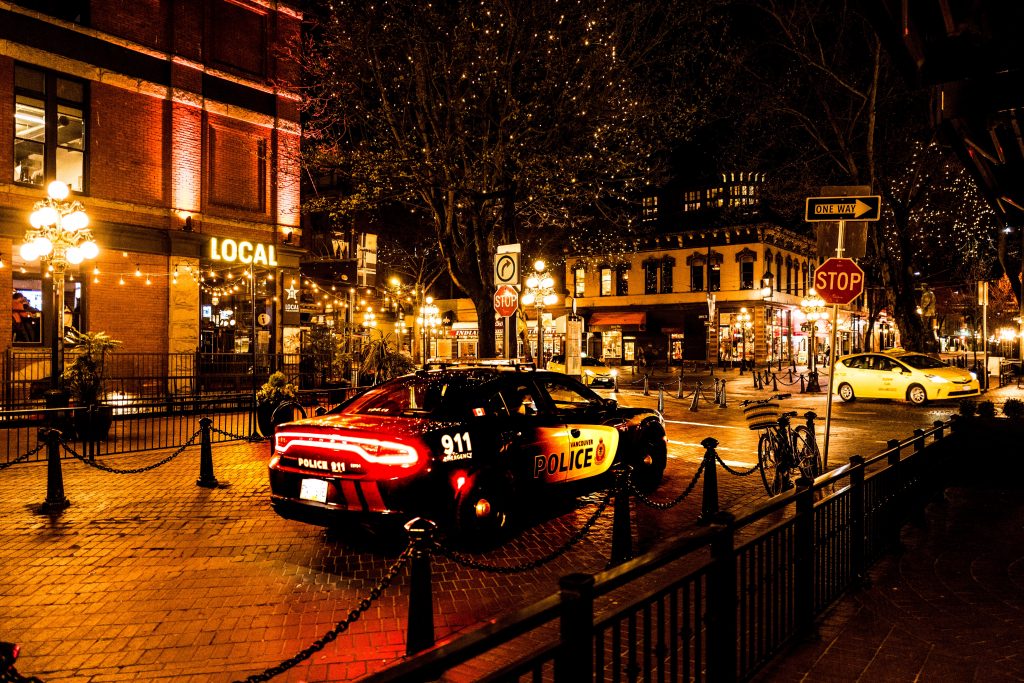 It’s almost impossible to watch a movie or TV show about the police or crime without hearing the phrase “Miranda Rights.” Even if most viewers don’t know the U.S. Supreme Court case Miranda v. Arizona, which outlined those rights, viewers are aware that upon arrest, a person has multiple rights which they are entitled to have read to them. This same concept is present in Louisiana law as well. If an arrestee isn’t read his rights in full, the arrest could be invalid.
It’s almost impossible to watch a movie or TV show about the police or crime without hearing the phrase “Miranda Rights.” Even if most viewers don’t know the U.S. Supreme Court case Miranda v. Arizona, which outlined those rights, viewers are aware that upon arrest, a person has multiple rights which they are entitled to have read to them. This same concept is present in Louisiana law as well. If an arrestee isn’t read his rights in full, the arrest could be invalid.
Brian Litton alleged that he was not read his rights in full when he was arrested under suspicion of drunk driving on July 13, 2015, in Bossier Parish by Deputy Tim Wooten. In Louisiana, there are multiple things a police officer must do after he arrests a person under suspicion of DUI. See La. R.S. 32:661(C). After officers determine there are reasonable grounds to arrest someone for drunk driving, they can subject the arrestee to a test to determine what their blood alcohol percentage is. However, they must first read to the arrestee a form stating both the rights he has, but also that if he refuses the chemical test his driver’s license can be suspended for a year just for refusing the test. See La. R.S. 32:667. Once those rights and consequences are read to the arrestee, he must sign the form as well. Mr. Litton signed the form but refused to take the test. Although Mr. Litton signed the form, he claims he was unaware that his license would be suspended for refusing the test because the officer did not read to him that part of the form.
When this case came before the Second Circuit Court of Appeal of Louisiana, a trial court had agreed with Mr. Litton and reinstated his license. The Louisiana Department of Public Safety and Correction, Office of Motor Vehicles, appealed to the Second Circuit. The decision was a fairly black and white affair. Deputy Wooten himself testified at the initial trial that he gave Mr. Litton the form but was unsure if prior to that he had read the entirety of the form to Mr. Litton. Mr. Litton took it a step further by saying he was sure that Deputy Wooten had not read to him the portion of the form relating to the potential loss of his license. There was no paper trail or any other proof that Deputy Wooten read the form to Mr. Litton in full. Because of that, the Second Circuit affirmed the trial court’s decision that the suspension of the driver’s license was invalid since Deputy Wooten did not fully follow the legal procedure for such an arrest.
 Louisiana Personal Injury Lawyer Blog
Louisiana Personal Injury Lawyer Blog


 When a lawsuit is filed for an injury, most people assume that the claim will be sorted out in court in a timely manner. Sometimes, however, a case can get significantly delayed by years, even before a trial has occurred. In these instances, it is also possible that the case becomes “abandoned” if neither side takes any action towards furthering the course of the lawsuit. For one West Feliciana woman, the defense tried to do just that and claimed case abandonment.
When a lawsuit is filed for an injury, most people assume that the claim will be sorted out in court in a timely manner. Sometimes, however, a case can get significantly delayed by years, even before a trial has occurred. In these instances, it is also possible that the case becomes “abandoned” if neither side takes any action towards furthering the course of the lawsuit. For one West Feliciana woman, the defense tried to do just that and claimed case abandonment. The interests of justice are best served when the evidence in a lawsuit is new. This is because any potential witnesses can corroborate or deny evidence presented at trial with a fresh memory of the events or documents. Personal injury cases in Louisiana follow this principle with a one year deadline called the peremptory exception of prescription. A recent lawsuit between New Orleans family members demonstrated the value of having an excellent attorney who knows when these deadlines begin to run.
The interests of justice are best served when the evidence in a lawsuit is new. This is because any potential witnesses can corroborate or deny evidence presented at trial with a fresh memory of the events or documents. Personal injury cases in Louisiana follow this principle with a one year deadline called the peremptory exception of prescription. A recent lawsuit between New Orleans family members demonstrated the value of having an excellent attorney who knows when these deadlines begin to run. Most American’s have experienced some type of driving school, either during school or after school at a private driving school. Regardless of whether you took driving classes during school or after school, the individuals teaching the classes and the organization sponsoring the classes had licenses. In Louisiana, the Louisiana Department of Public Safety and Corrections, Office of Motor Vehicles (“OMV”) provides licenses for two types of courses – a fourteen-hour course for individuals over eighteen who have never had a license, and a thirty-eight-hour course, for individuals under eighteen.
Most American’s have experienced some type of driving school, either during school or after school at a private driving school. Regardless of whether you took driving classes during school or after school, the individuals teaching the classes and the organization sponsoring the classes had licenses. In Louisiana, the Louisiana Department of Public Safety and Corrections, Office of Motor Vehicles (“OMV”) provides licenses for two types of courses – a fourteen-hour course for individuals over eighteen who have never had a license, and a thirty-eight-hour course, for individuals under eighteen. Benjamin Franklin had good reason to make the statement, “neither a borrower nor a lender be.” The potential for risk on either side of the transaction is significant. Be it the likelihood of not getting paid, or the possibility that you will not be able to repay the debt, many find that it is better to avoid the perils of money lending altogether. But that is just not practical. The way big plans are realized is often with money we do not yet have. And loaning money at interest is usually a great short-term investment, if you have the cash to spare. How do we assure our debt agreements will hold up in court?
Benjamin Franklin had good reason to make the statement, “neither a borrower nor a lender be.” The potential for risk on either side of the transaction is significant. Be it the likelihood of not getting paid, or the possibility that you will not be able to repay the debt, many find that it is better to avoid the perils of money lending altogether. But that is just not practical. The way big plans are realized is often with money we do not yet have. And loaning money at interest is usually a great short-term investment, if you have the cash to spare. How do we assure our debt agreements will hold up in court? It is difficult to fully know and understand the law. This is why lawyers attend law school for three years, and then complete continuing education for the rest of their careers. Many times a party to a lawsuit will try to carry on without a lawyer, but the unfortunate truth is that this can actually lead to more headaches and financial woes than expected.
It is difficult to fully know and understand the law. This is why lawyers attend law school for three years, and then complete continuing education for the rest of their careers. Many times a party to a lawsuit will try to carry on without a lawyer, but the unfortunate truth is that this can actually lead to more headaches and financial woes than expected.  Exceptions exist everywhere in law. Although people in their normal and daily lives are expected to stop at a red light and follow the speed limit, police officers need not do so when responding to emergencies. Of course, this exception makes sense. Imagine what would happen if a police officer has to respond to a shooting but has to sit in traffic. But should police officers be free from any liability for the damages they may cause while responding to an emergency?
Exceptions exist everywhere in law. Although people in their normal and daily lives are expected to stop at a red light and follow the speed limit, police officers need not do so when responding to emergencies. Of course, this exception makes sense. Imagine what would happen if a police officer has to respond to a shooting but has to sit in traffic. But should police officers be free from any liability for the damages they may cause while responding to an emergency?  After a hard fought jury trial, an appeal can be expected. But, what cannot be anticipated is a transcribing error by the court that renders the judgment as invalid and makes any appeal impossible. Excellent attorneys can catch errors by other parties and avoid multiple extra steps before a lawsuit can be resolved. That was the case here as mismatching damage award classification labels extended a lawsuit well beyond its anticipated end.
After a hard fought jury trial, an appeal can be expected. But, what cannot be anticipated is a transcribing error by the court that renders the judgment as invalid and makes any appeal impossible. Excellent attorneys can catch errors by other parties and avoid multiple extra steps before a lawsuit can be resolved. That was the case here as mismatching damage award classification labels extended a lawsuit well beyond its anticipated end. The five factor
The five factor  High speed police chases are sometimes dangerous, even for those not involved. The Louisiana Emergency Vehicles Statute essentially excuses emergency vehicle drivers, such as police vehicles, from obeying certain traffic laws while responding to a call or pursuing a suspect. This applies unless the emergency response driver endangers life or property with “reckless disregard”.
High speed police chases are sometimes dangerous, even for those not involved. The Louisiana Emergency Vehicles Statute essentially excuses emergency vehicle drivers, such as police vehicles, from obeying certain traffic laws while responding to a call or pursuing a suspect. This applies unless the emergency response driver endangers life or property with “reckless disregard”.